
By Jessica Holmes
It’s been a long couple of months, but Doctor Who is back, and so am I! Did you miss me?
I had heard rumours that William Hartnell was thinking about hanging up the TARDIS keys, but with a new series I think we can safely say those rumours are a load of tosh. I for one am very pleased– both because I enjoy the show, and because I'd be out of a job!
Though I do appreciate them, a pure historical story is an odd choice to start off a new series. Let’s be honest. Kids are not watching Doctor Who for the often fairly dry historicals. They’re watching for the bug-eyed monsters. Still, this story by Brian Hayles has pirates in it, and what kind of kid doesn’t like pirates? What's more, for the first time ever we have a woman in the director's chair, Julia Smith. Well, the kids might not care much about that, but I do.
Last time we saw the Doctor, we said a rather abrupt goodbye to companion Dodo, and said hello to Ben (Michael Craze) and Polly (Anneke Wills). Let’s see how they got along on their first adventure: The Smugglers.

Continue reading [October 4, 1966] The Real Treasure Was The Friends We Made Along The Way (Doctor Who: The Smugglers) →

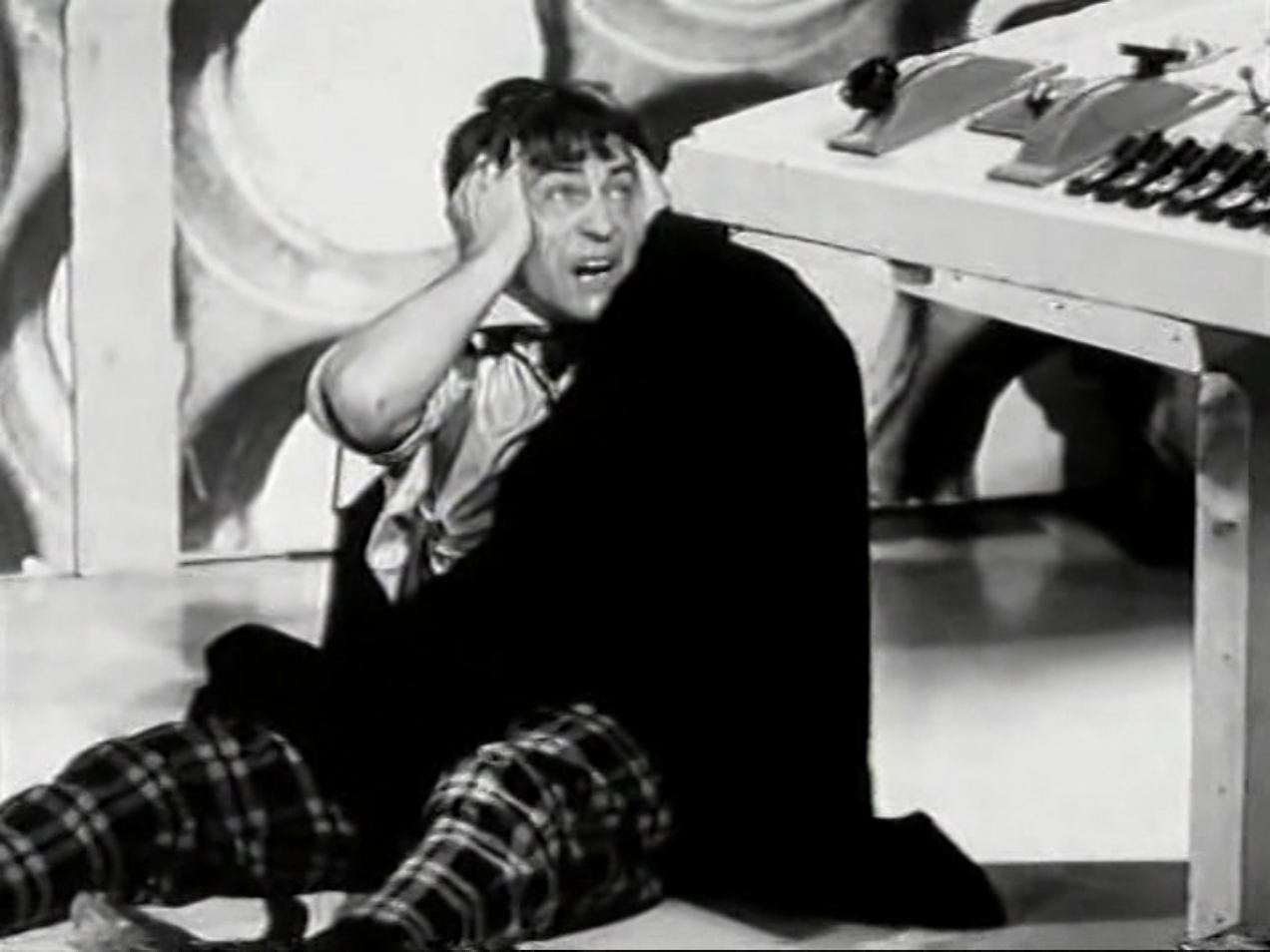

![[November 20 1966] Doctor…Who? (<i>Doctor Who</i>: The Power Of The Daleks [Part 1])](https://galacticjourney.org/wp-content/uploads/2021/11/661120newdoc-672x372.jpg)
![[November 2, 1966] An Ending? (<i>Doctor Who</i>: The Tenth Planet)](https://galacticjourney.org/wp-content/uploads/2021/11/661102aaaaaaaa-672x372.jpg)
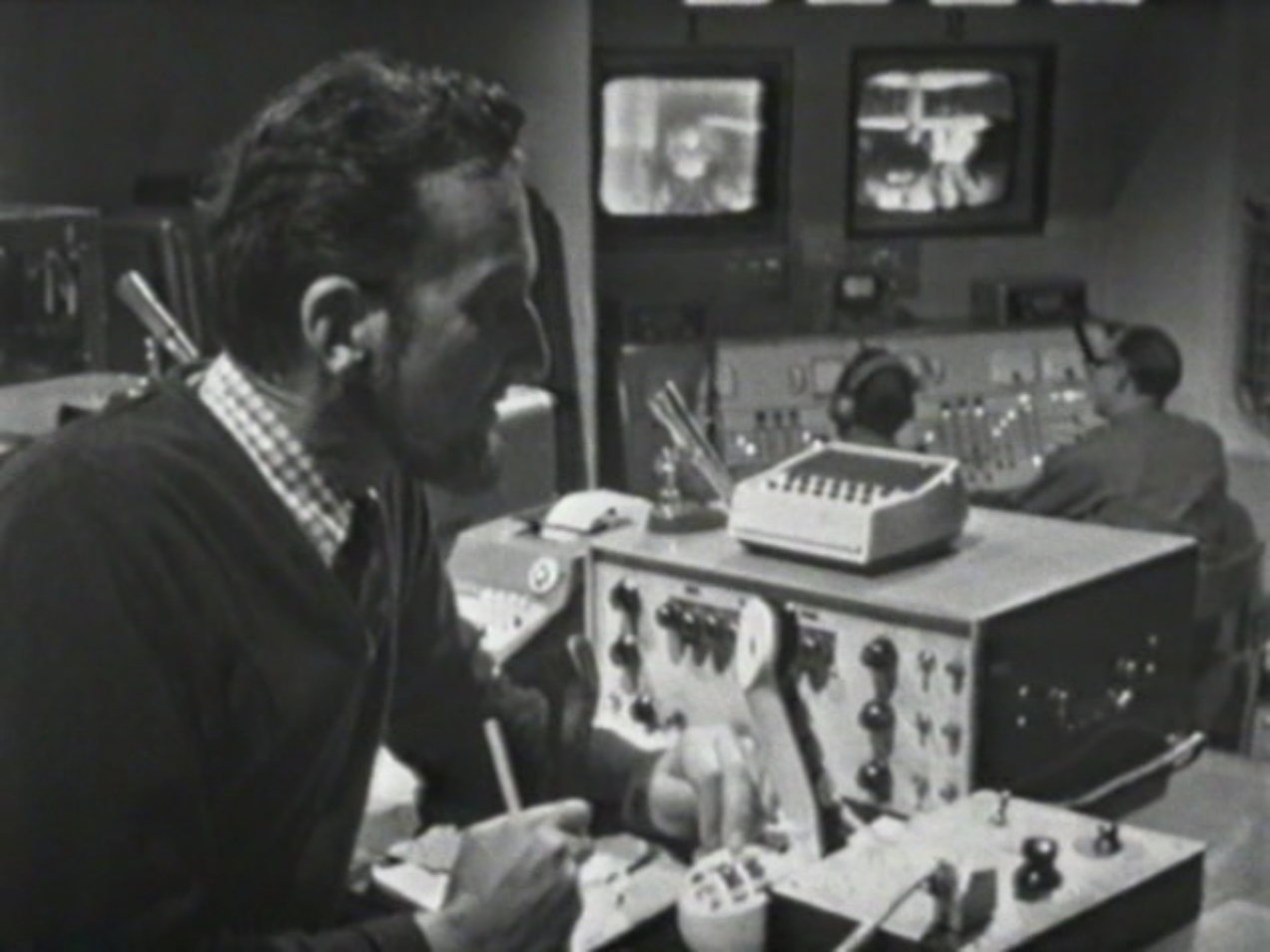
![[October 4, 1966] The Real Treasure Was The Friends We Made Along The Way (<i>Doctor Who</i>: The Smugglers)](https://galacticjourney.org/wp-content/uploads/2021/10/6601004kidnap-672x372.jpg)

![[August 12, 1966] Dr. Who And The Slightly Better Sequel (Daleks’ Invasion Earth: 2150 AD)](https://galacticjourney.org/wp-content/uploads/2021/08/Original_UK_quad_poster_of_Daleks_Invasion_Earth_2150_A.D.jpg)
![[July 18, 1966] Arrivals and Departures (<i>Doctor Who</i>: The War Machines)](https://galacticjourney.org/wp-content/uploads/2021/07/660718trapthemachine-672x372.jpg)

![[June 20, 1966] First Impressions Can Be Misleading (<i>Doctor Who</i>: The Savages)](https://galacticjourney.org/wp-content/uploads/2021/06/660620underarrest-672x372.jpg)
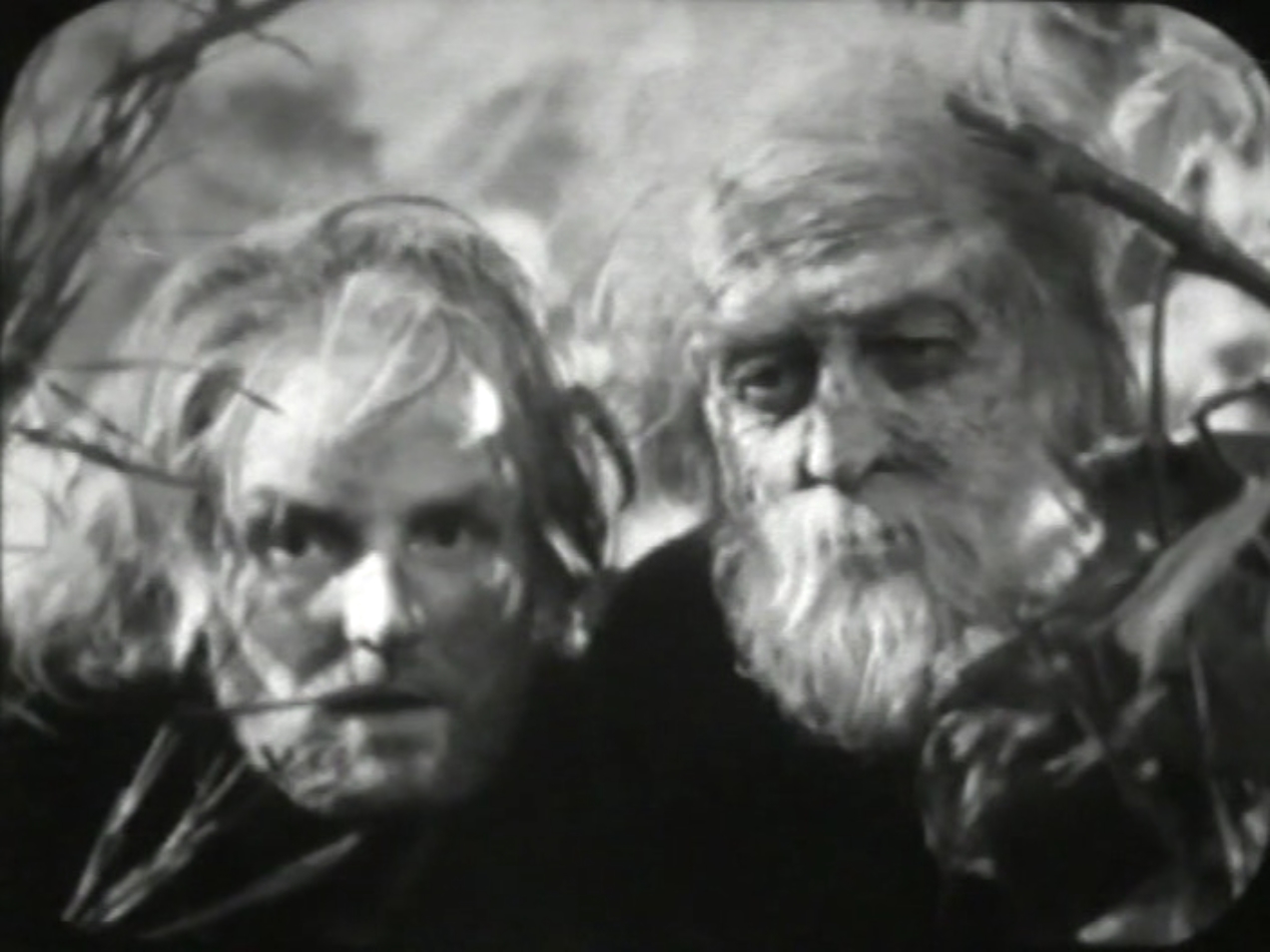
![[May 22 1966] O.K.? No Way! (<i>Doctor Who</i>: The Gunfighters)](https://galacticjourney.org/wp-content/uploads/2021/05/660522calmbeforethestorm-672x372.jpg)
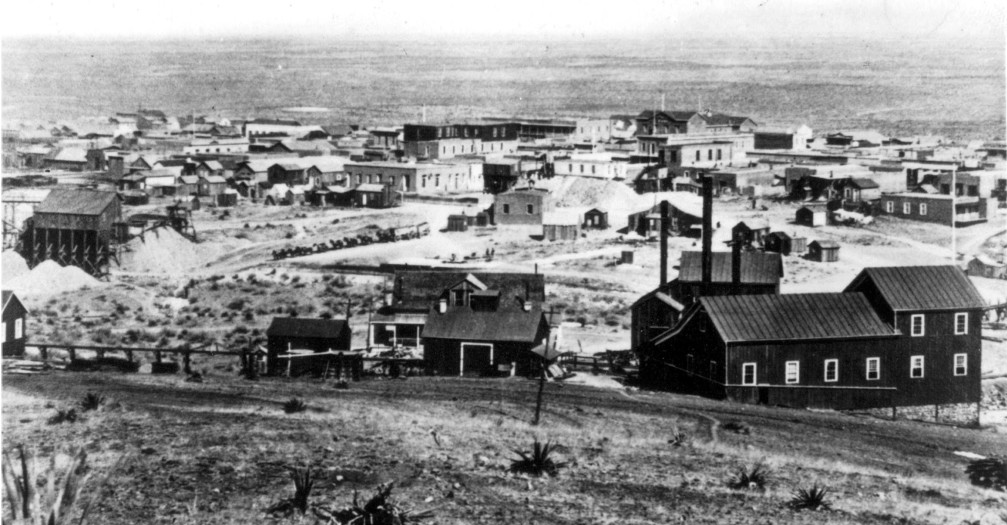
![[April 24, 1966] Playtime’s Over (<i>Doctor Who</i>: The Celestial Toymaker)](https://galacticjourney.org/wp-content/uploads/2021/04/660424thetoymaker-672x372.jpg)
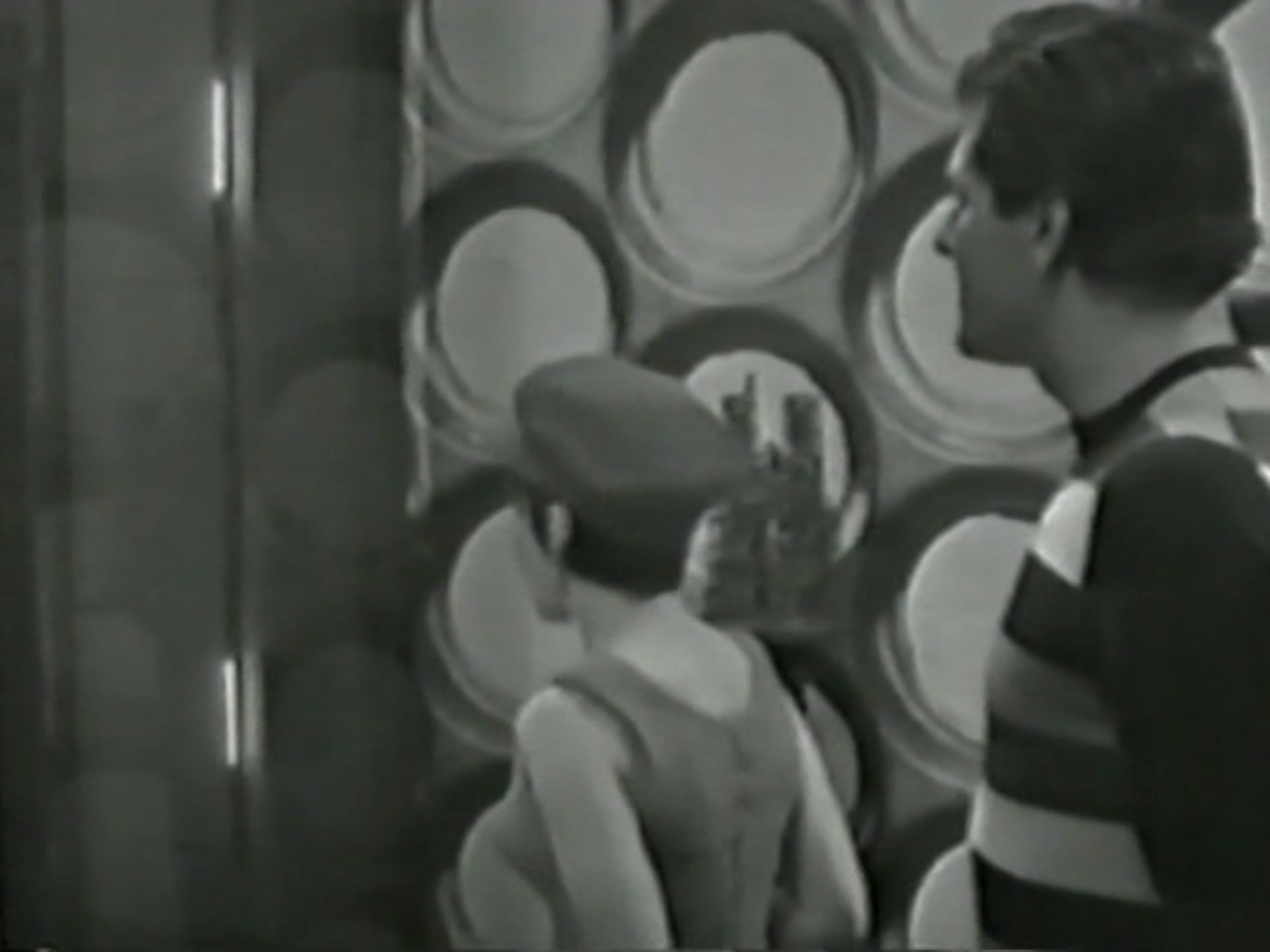
![[March 28, 1966] Typhoid Doctor (<i>Doctor Who</i>: The Ark)](https://galacticjourney.org/wp-content/uploads/2021/03/660328monoid-672x372.jpg)
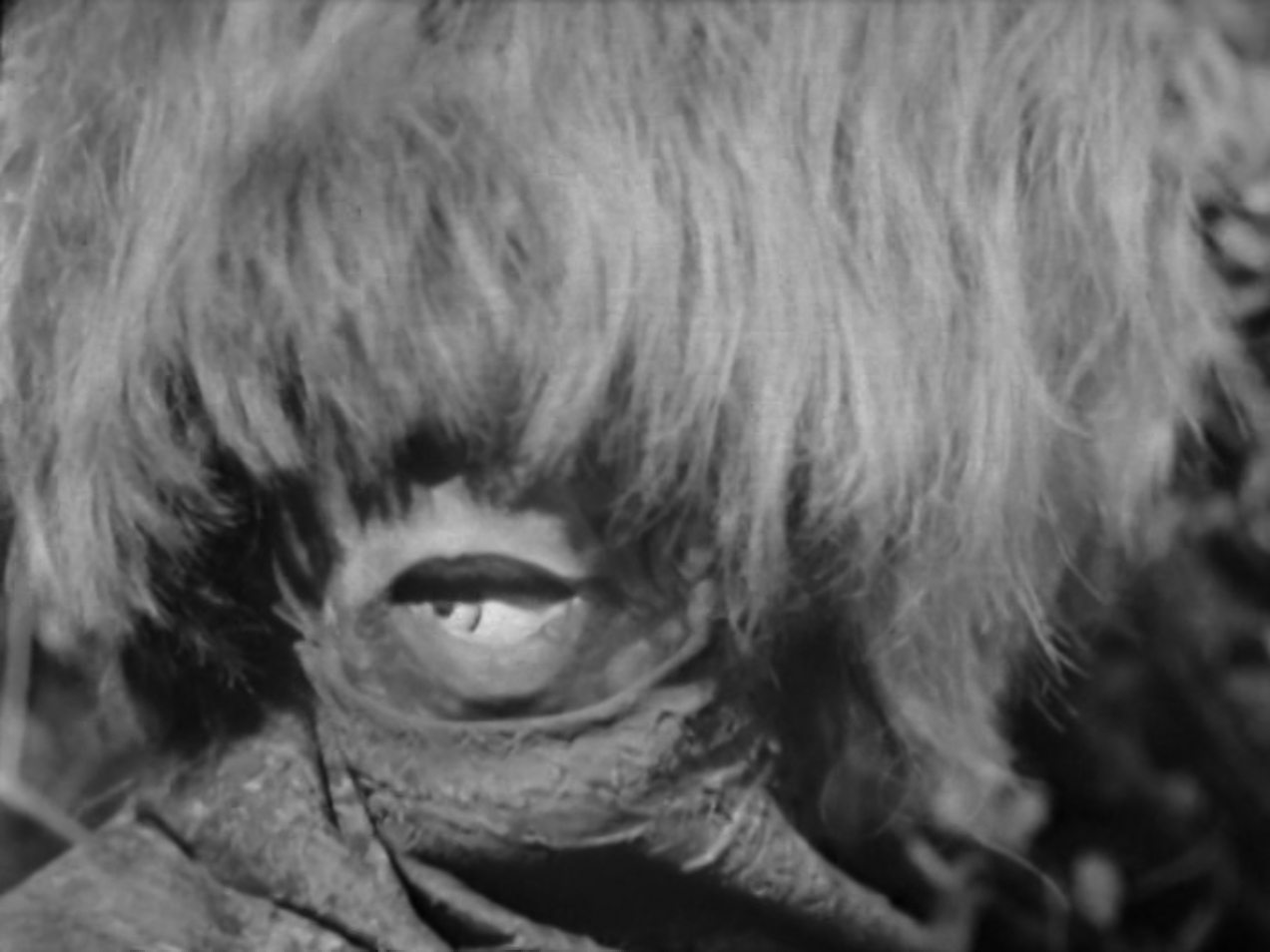
![[February 28, 1966] A Bloody Return To Form (<i>Doctor Who</i>: The Massacre of St Bartholomew’s Eve)](https://galacticjourney.org/wp-content/uploads/2021/02/660228pub-672x372.jpg)
